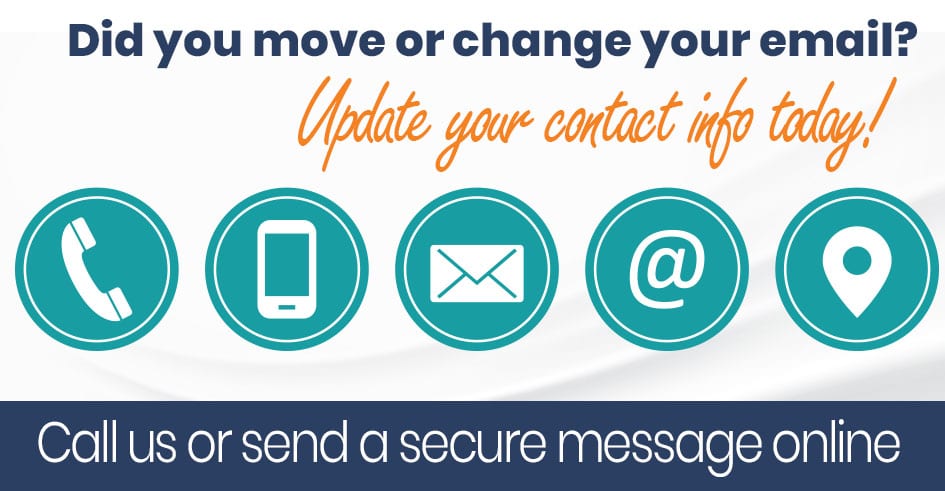A QUARTERLY NEWSLETTER FOR ACCLAIM FEDERAL CREDIT UNION MEMBERS
The Financial Bridge Linking our Members to their Goals
SPECIAL COVID-19 ISSUE
A Message to our Members
We are still here to help you
You and your family may be worried about the coronavirus disease (COVID-19), but the leadership at Acclaim FCU want you to know we are here for you as we always have been. Your deposits are safe and insured. We’re not going anywhere, because at its core, our credit union is not a building or a business, it’s people unified for a common goal.
Your money is safe and insured
There are a lot of things to worry about these days, but the safety of your money in your credit union isn’t one of them. Your money is safe, and your accounts are fully insured by the National Credit Union Share Insurance Fund (NCUSIF) up to $250,000. Acclaim also insures your funds an additional $250,000 through private insurance provided by Excessive Share Insurance (ESI.) There is no risk to keeping money in your account, but there are countless risks to holding cash.
COVID-19 has cancelled, postponed, and slowed down much of American life, but the nation’s financial system operations are still
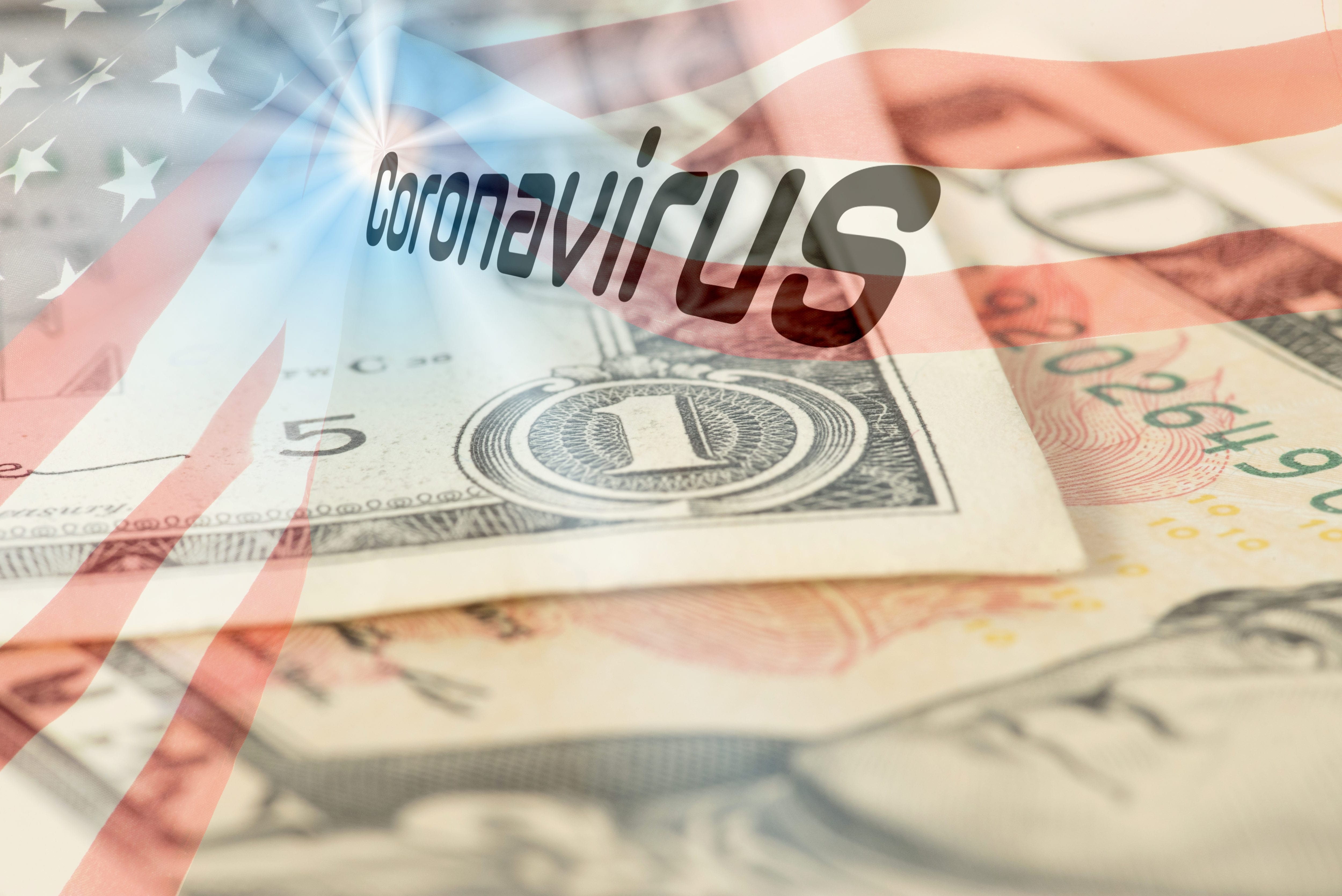
strong. You can meet nearly all of your financial needs without leaving your home. If you do not have it on your mobile phone, now is a good time to download our app or sign up for online access at our website. You can transfer and deposit money, and pay bills through your debit card, credit card, or electronic transfer.
If you’ve been impacted by this pandemic, our staff is dedicated to working with and helping you through these uncertain times. Now, more than ever, we are here to support our members.
Financial Services for Those Affected by the Coronavirus

You've got options
As the coronavirus continues to spread and its impact is felt by every sector of society, many people are taking a financial loss due to curtailed supplies, budget cuts or forced time off to care for an infected family member or to self-quarantine due to possible exposure to the virus.
At Acclaim FCU, your safety and your financial health are always paramount. To help you remain financially solvent while you protect your health, we’ve compiled a list of financial services dedicated to assisting individuals affected by the coronavirus.
Disability Insurance: If you cannot work due to having or being exposed to COVID-19 (certified by a medical professional), you can file a Disability Insurance (DI) claim. DI provides short-term benefit payments to eligible workers who have a full or partial loss of income due to a non-work-related illness, injury or pregnancy. Benefit amounts are approximately 60-70 percent of wages and range from $50-$1,300 a week.
Paid Family Leave: If you’re unable to work because you are caring for an ill or quarantined family member with COVID-19 (certified by a medical professional), you can file a Paid Family Leave (PFL) claim. PFL provides up to six weeks of benefit payments to eligible workers who have a full or partial loss of income because they need to take time off from work to care for a seriously ill family member or to bond with a new child. Benefit amounts are approximately 60-70 percent of wages (depending on income) and range from $50-$1,300 a week.
Unemployment Claim: If your employer has cut down your hours or shut down operations due to COVID-19, you can file an Unemployment Insurance (UI) claim. UI provides partial wage replacement benefit payments to workers who lose their job or have their hours reduced through no fault of their own. Workers who are temporarily unemployed due to COVID-19 and expected to return to work with their employer within a few weeks must remain available and ready to work during their unemployment for each week of benefits claimed and meet all other eligibility criteria. Eligible individuals can receive benefits that range from $40-$450 per week.
Some individual companies, including Uber, Lyft, and Postmates, are offering their own financial assistance to employees who have been diagnosed with COVID-19 and cannot work.
If you are having financial difficulties due to the coronavirus outbreak, please reach out to us at 888-794-1001, or shoot us an email at Teller@AcclaimFCU.org to see how we can help.
Stuck at Home? Spend Your Time Productively

Staying productive can alleviate stress
COVID-19 has wreaked havoc on normal life around the world. Major retailers and small businesses are closing their doors; leisure travel has almost ground to a halt; the stock market is bearing the brunt of a string of losses; and thousands of schools and universities sit vacant mid-semester while their students are home for an indeterminate amount of time.
For many people, navigating this crisis successfully means being stuck at home for 14 days or more as they wait out a self-imposed or obligatory quarantine. Others may be home due to school closures or because their place of work has temporarily shut down. Still others may be avoiding going out in public in accordance with the president’s recommendation that people not congregate in groups of 10 or more.
While it may, at first, sound like a dream come true, sitting at home without much to do can quickly get old. If you’re one of the millions of Americans waiting out the crisis at home, be proactive about spending your time productively instead of binge-watching six seasons of your favorite sitcom while eating your way through gallons of ice cream.
Here are some ideas to get you started:
Learn a new language. Why not use the extra time at home to learn a second or third language? There are many free language apps, like Duolingo, that make mastering a new language almost effortless.
Call an old friend. Socializing in person may be out, but the old-fashioned phone still works just fine. A leisurely chat with an old friend can be a wonderful way to pass the time.
Get fit. Gyms can be a fertile breeding ground for all kinds of germs and bacteria, but an at-home workout can burn all those calories without the fear of being exposed to COVID-19. There are many exercises you can do without any equipment, like lunges, squats, planks, sit-ups and more. If you’re missing the support and camaraderie you get from your exercise classes at the gym, pop a workout DVD into your entertainment center or turn on one of the many fitness classes on YouTube for a similar experience.
Rekindle an old hobby. It’s time to dust off that guitar or pull out the modeling wood and pick up the hobbies you never have time for during your busy working schedule. To keep yourself focused, commit to completing a specific project or reaching a goal while you wait out the outbreak at home.
Tend to neglected household repairs you’ve been putting off all winter. Why not use this time to get stuff done around the house? If you’re missing some important tools and supplies, it’s best to order them online instead of running out to pick them up to minimize possible exposure to the virus.
Brush up on your financial knowledge. With the plethora of personal finance blogs and websites available today, beefing up your financial knowledge so you can make the best, informed decisions about managing your money is ridiculously easy. Visit blogs like Thefinancialdiet.com, MoneyNing.com, or Mr.MoneyMustache.com for interesting reads on a wide range money topics that can help you broaden your financial knowledge.
Declutter. Carve out some time to get started on spring-cleaning your home. Clearing out clutter takes lots of time, and you likely have more time than you know what to do with right now. You can make piles for throwaways, giveaways and keepers. Give your cleared-out closets and drawers a thorough scrubbing while you’re at it. There’s no better time to freshen up the house than springtime!
Review your budget. Budgets tend to need frequent adjusting. Use the spare time you have now to review your monthly spending of the past few months to see if your budget needs tweaking.
File your taxes. The government has postponed the deadline for paying tax bills, but tax returns still need to be filed by April 15 unless an extension is requested. Filing taxes is nobody’s idea of a good time, but taking care of this necessary chore will make the future you glad that you did when this is all over.
Keep stress levels down. Staying cooped up inside when a pandemic is sweeping through the world can really spike up stress levels. Keep calm by ensuring you’re getting enough sleep and minimizing stress triggers as much as possible. This can mean limiting the amount of times you check the news and/or practicing yoga and meditation. Apps like Headspace can help you achieve complete mindfulness to further reduce stress levels.
Wishing you and yours continued health and safety as we navigate this challenging time together.
Watch Out for These Coronavirus Scams
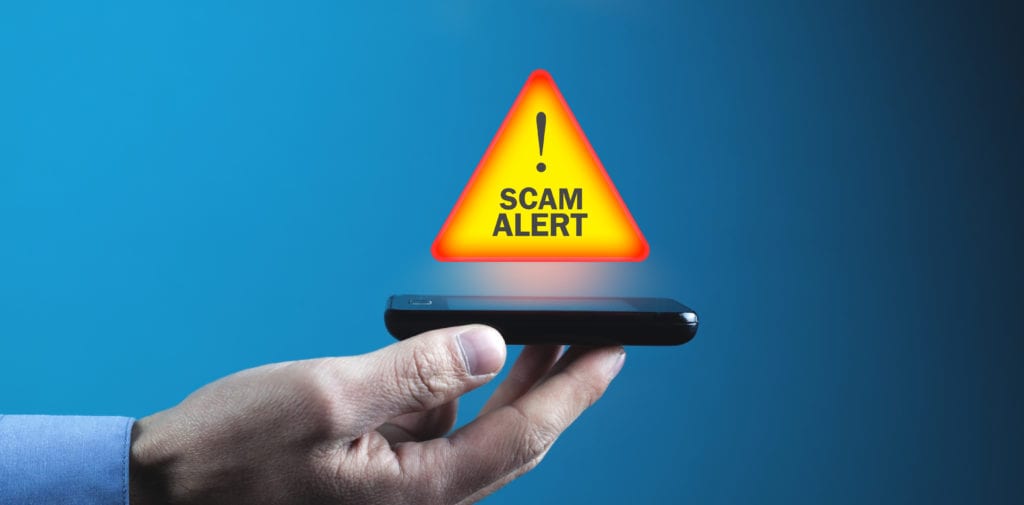
Don't fall prey to these scams
As the situation surrounding the coronavirus continue to develop, your health and financial security continues to be our priority. Beware of the many circulating scams which exploit the fear and the uncertainty surrounding the virus.
Here are some of the most prevalent ones:
The fake funding scam. In this scam, victims receive bogus emails, text messages or social media posts, asking them to donate money to a research team which is on the verge of developing a drug to treat COVID-19, and/or a vaccine to immunize the population against the virus. There have also been ads circulating on the internet with similar requests. Unfortunately, nearly all of these are fakes, and any money donated to these “funds” will go directly into the scammers’ pockets.
The bogus health agency. There is so much conflicting information on the coronavirus that it’s really a no-brainer that scammers are exploiting this confusion. Scammers are sending out alerts that appear to be from the Centers for Disease Control and Prevention (CDC) or the WHO, when in fact they’re created by the scammers themselves. These emails sport the logo of the agencies that allegedly sent them, and the URL is similar to those of the agencies as well. Some scammers will even invent their own “health agency,” such as “The Health Department,” taking care to evoke authenticity with (bogus) contact information and logos.
Victims who don’t know better believe these missives are sent by legitimate agencies. While some of these emails and posts may actually provide useful information, they often also spread misinformation to promote fear-mongering, such as non-existing local diagnoses of the virus. Even worse, they infect the victims’ computers with malware which is then used to scrape personal information off the infected devices.
The phony purchase order. Scammers are hacking the computer systems at medical treatment centers and obtaining information about outstanding orders for face masks and other supplies. The scammers then send the buyer a phony purchase order listing the requested supplies and asking for payment. The employee at the medical treatment center wires payment directly into the scammer’s account. Unfortunately, they’ll have to pay the bill again when contacted by the legitimate supplier.
Basic preventative measures can keep the scammers from making you their next target.
As always, it’s important to keep the anti-malware and antivirus software on your computer up-to-date and to strengthen the security settings on all of your devices.
Practice responsible browsing when online. Never download an attachment from an unknown source or click on links embedded in an email or social media post from an unknown sender. Don’t share sensitive information online either. If you’re unsure about a website’s authenticity, check the URL and look for the lock icon and the “s” after the “http” which indicate that the site is secure.
Finally, it’s a good idea to stay updated on the latest news about the coronavirus to avoid falling prey to misinformation. Check the actual CDC and WHO websites for the latest updates.
Budget-friendly Meals Under $8

Budget Fettuccine Alfredo
In additional to financial struggles, many people are reporting lots of empty grocery store shelves-especially in the meat department. This creamy pasta is budget-friendly and easy to customize–with or without meat!
Yield: 4 servings
Hands-on prep time: 3 minutes
Total prep time: 10 minutes
Price per serving: $1.19
Ingredients
2 tablespoons butter
1 clove garlic
3/4 cup cream
2 egg yolks
¾ cup grated Parmesan cheese
2 tablespoons parsley
1 pound fettuccine (or your favorite pasta)
Salt and pepper, to taste
Easy additions: Chicken, bacon, spinach, broccoli, mushrooms, asparagus, sun-dried tomatoes
Directions
Cook pasta according to package directions. Drain and set aside.
Meanwhile, heat butter in a large skillet over medium-high heat. When butter completely melts, add garlic and cook until it starts browning.
Whisk the cream and egg yolks together and add mixture to pan. Cook on low and let mixture thicken slightly without boiling, stirring constantly.
Turn off the heat and add pasta. Stir well until mixed through.
Add the grated cheese and mix well until cheese melts. You may need to turn the heat back on to low for this step.
Season with salt and pepper.
Servings: 4
Financial Dos and Don’ts During the Coronavirus Outbreak

Consider these financial tips
Q: Since the coronavirus has landed on American shores, each day seems to bring more devastating news about the state of our economy. What steps should I be taking to protect my personal finances during this time?
A: The coronavirus outbreak has already generated severe consequences for the national and global economies — and experts say we’re only seeing the beginning of the pandemic’s financial fallout. The virus ended one of the longest bull markets in history, as the stock market plunged by a full 25 percent in one volatile month. In fact, it saw its worst day since 1987. More than that, businesses have been adversely affected by the outbreak in many ways: production lines have been put on hold as the delivery chain is disrupted indefinitely; the global-wide halt on travel has caused tremendous losses for the tourism and airline industries; sports and entertainment industries have taken huge hits; and countless other business lines have been negatively impacted by a dearth of supplies, decreased spending and a shortage of personnel due to quarantines or school closures.
With all this uncertainty, it’s easy to fall into a panic and wonder if there are some concrete steps you should be taking to save your personal finances from impending ruin. Here are some practical dos and don’ts to help you maintain financial stability and peace of mind during this time.
Don’t: Panic by selling all your investments
Both seasoned investors with robust portfolios and those simply worried about their retirement accounts can find it nerve-racking to see their investments drop in value by as much as 10 percent a day. It may seem like a smart idea to sell out just to spare investments from further loss, but financial experts say otherwise. According to The Motley Fool, most sectors of the economy will recover quickly as soon as the outbreak clears. For example, consumers may not be purchasing shoes or cruise tickets now, but they will likely do so when it is safe to shop and travel again. While the global and national economy may not bounce back for a while, experts are hopeful that individual business sectors will recover quickly.
Do: Trim your spending
The thriving economy the country has enjoyed for a while has prompted a gradual lifestyle inflation for many people. As the economy heads toward a probable recession, this can be a good time to get that inflation in check. Work bonuses, raises and promotions are not handed out as freely during a recession as they were in recent years. Some people may even find themselves without a job as companies are forced to lay off workers in an effort to stay solvent. Trimming discretionary spending now can be good practice for making it through the month on a smaller income. It’s also a good idea to squirrel away some of that money for a rainy day.
Don’t: Put your money before your health
Financial wellness is important, but physical health should always take priority. If you’re feeling unwell, and especially if you’re exhibiting any of the symptoms of the coronavirus — such as fever, coughing and shortness of breath — call in sick to work. Do the same if you’ve been exposed to someone who has tested positive for COVID-19 in the past 14 days. Don’t let financial considerations come before your health and the health of those you come into contact with each day.
As part of a package of executive orders to help mitigate the financial fallout of the coronavirus, President Donald Trump has announced that all employees are entitled to two weeks of full paid leave if they are unable to work because of the coronavirus. This includes contracting the actual virus, self-quarantining for fear of having been exposed to the virus and caring for a family member who has contracted the virus, or for children who are home due to school closures. Be sure to take advantage of this offer by making your health paramount.
Similarly, doctor visits can cost a pretty penny, but when necessary, should always outweigh financial concerns. A co-pay or insurance deductible is a small price to pay for your health.
Do: Consider a refinance
The silver lining of an economic environment like this is falling interest rates. As of March 17, the average interest rate on a 30-year fixed-rate mortgage is 3.3%, down from approximately 4.5% of a year ago. Refinancing an existing mortgage at this lower rate can potentially save homeowners several hundreds of dollars a month. That extra breathing room in a budget can be a real boon in case of salary cuts or even a layoff during a recession.
Be sure to work out the numbers carefully before considering this move since a refinance isn’t cost-free. You can speak to our Mortgage Specialist at Acclaim FCU to learn about your options.
The coronavirus has already impacted the economy tremendously, and will likely continue to do so for a while. Keep your own finances safe by remaining calm, putting your health first and taking some of the practical steps mentioned above.
CLOSINGS:
MAY 25 - MEMORIAL DAY


Address: P.O. Box 29527
Greensboro, NC 27429
Telephone: 336.332.5302
Toll-Free: 888.794.1001
Email: Admin@AcclaimFCU.org
Lost/Stolen Credit Card: 800.325.3678
Lost/Stolen Debit Card: 888.241.2510
Admin Fax: 336.332.4103
Loan Fax: 336.332.5965
Mbr Service Fax: 336.332.5965
